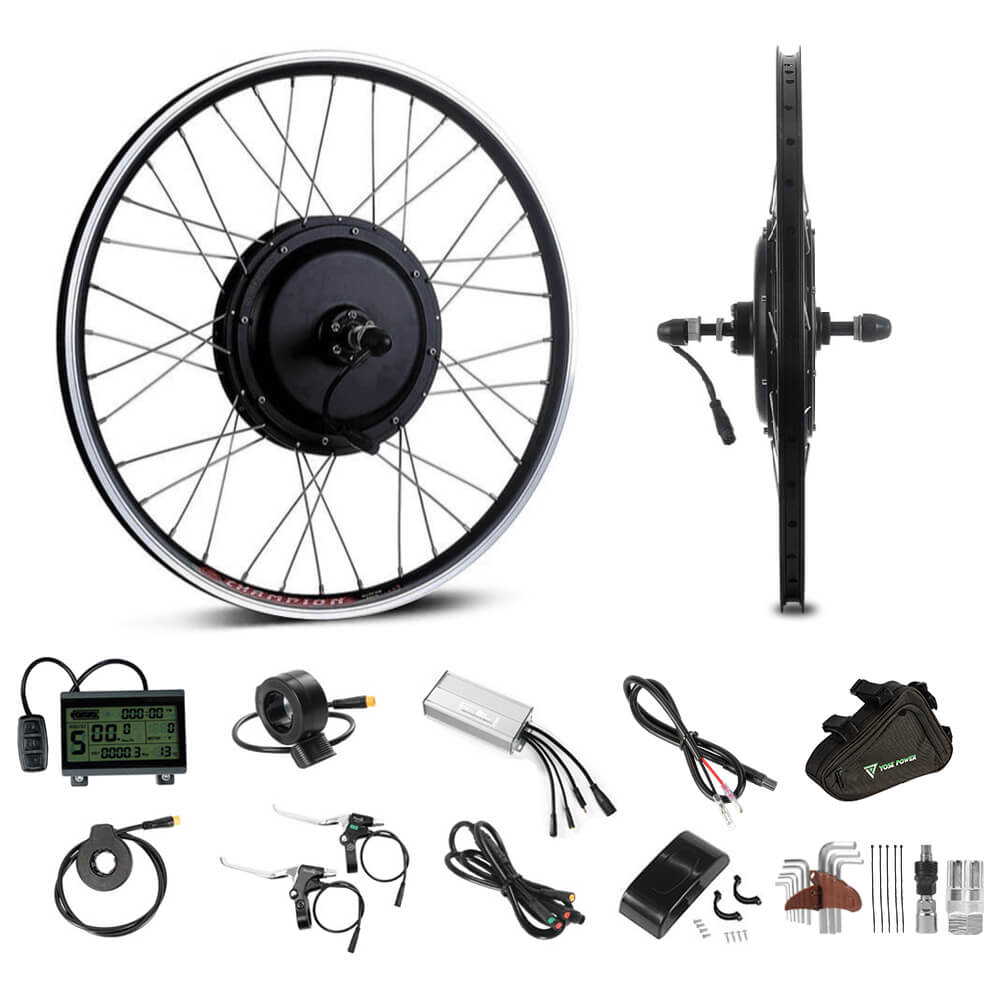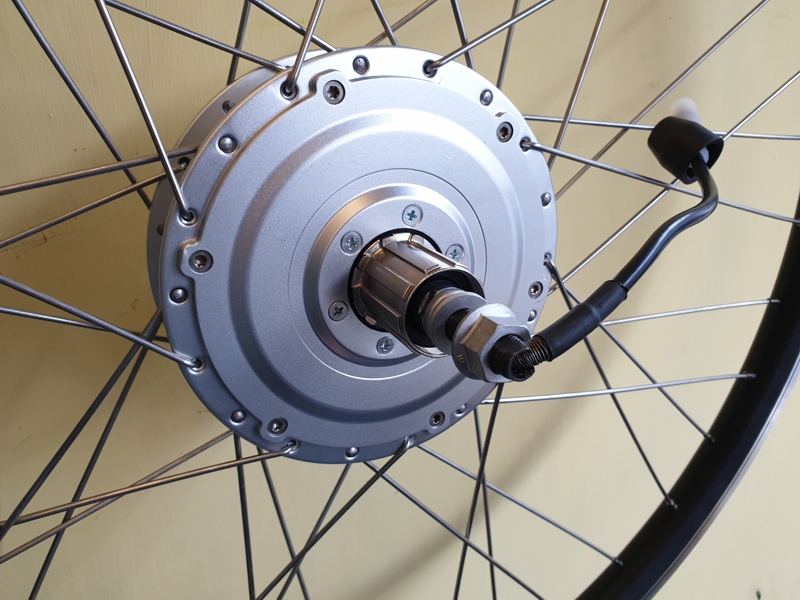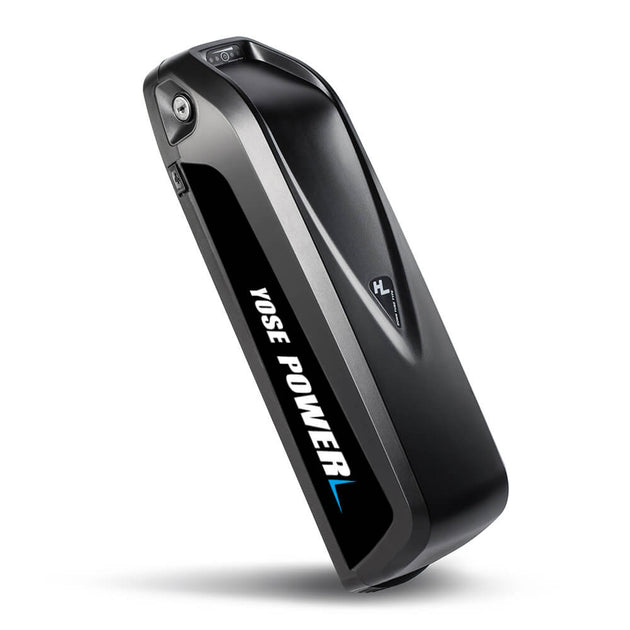Hi guys, great forum!
I'm looking for a cheap e-bike option to get back into cycling. The plan is to do little day trips around London with my gf who just got a VanMoof. It won't be for commuting but it would be nice if I could swap some journeys. For reference I'm 5'7 and 140lbs. I would guess the range would need to be between 20-30miles.
Unfortunately I can't really justify spending big money at this point in time so I've narrowed it down to a few options. The goal is to end up with something fun that I can grow with.
1 - Used Carrera, Lombard, Chinese fat bike - These can be had for £600ish but the obvious worry is that they will have no warranty and if anything goes wrong parts could be hard to get hold of.
2 - New Amazon/Chinese bike - Brand new, 1yr warranty, good reviews but what happens if something goes wrong in a years time? scrap heap?
3 - DIY my own bike - If I don't go super high end in theory I could build something pretty cool. I have to admit I'm drawn to the UDX look, retro BMX cruisers etc
Any advice?
I'm looking for a cheap e-bike option to get back into cycling. The plan is to do little day trips around London with my gf who just got a VanMoof. It won't be for commuting but it would be nice if I could swap some journeys. For reference I'm 5'7 and 140lbs. I would guess the range would need to be between 20-30miles.
Unfortunately I can't really justify spending big money at this point in time so I've narrowed it down to a few options. The goal is to end up with something fun that I can grow with.
1 - Used Carrera, Lombard, Chinese fat bike - These can be had for £600ish but the obvious worry is that they will have no warranty and if anything goes wrong parts could be hard to get hold of.
2 - New Amazon/Chinese bike - Brand new, 1yr warranty, good reviews but what happens if something goes wrong in a years time? scrap heap?
3 - DIY my own bike - If I don't go super high end in theory I could build something pretty cool. I have to admit I'm drawn to the UDX look, retro BMX cruisers etc
Any advice?














